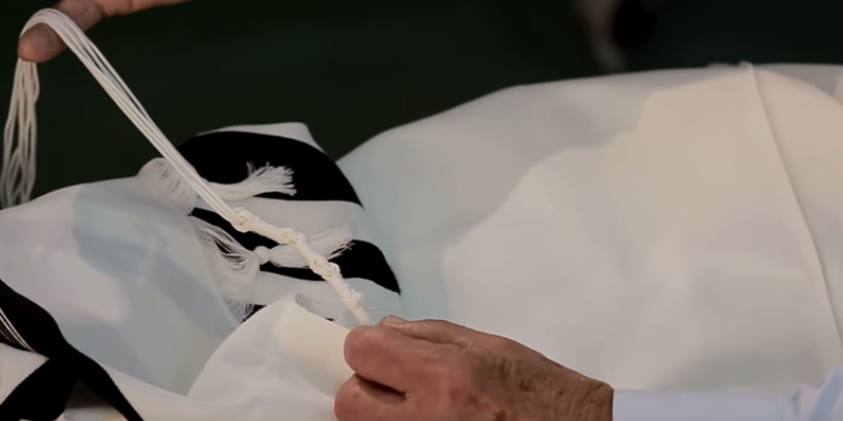A mashgiach (Hebrew: משגיח כשרות) is a Jew who supervises the kashrut status of a kosher establishment. A mashgiach may supervise any type of food service establishment, including slaughterhouses, food manufacturers, hotels, caterers, nursing homes, restaurants, butchers, groceries, or cooperatives. The mashgiach usually works as the on-site supervisor and inspector, representing a kosher certification agency or a local rabbi, who actually makes the policy decisions for what is or is not acceptably kosher.
The requirements for becoming a mashgiach are being Jewish, being Sabbath-observant (shomer Shabbat), being Torah-observant (shomer mitzvot), have Yirat Shamayim (fear of Heaven) and personally fulfilling the laws of kashrut (shomer kashrut).
A mashgiach takes on a great responsibility and the burden of a community. The mashgiach puts their good name and the name of the community on everything done on their watch.
Depending on the assignment, which usually divide into two tasks – Commercial and Restaurants; the mashgiach must be familiar with the halachos of slaughtering meat, cooking meat and fish, and separating meat and dairy. He must be knowledgeable about the way boilers and shipping vessels work, since high temperatures and long storage times can affect the status of kosher foods. It has been said that in addition to knowledge of Jewish law, a mashgiach must be familiar with “engineering, entomology, metallurgy, boiler treatment, food chemistry, and world market trends”.
A mashgiach is required whenever meat or fish is prepared or cooked. They check fresh eggs for blood spots before they are used in cooking, and must inspect all vegetables for forbidden insects before use.
The mashgiach is responsible for performing the mitzvah of challah, the tithe of dough set aside for consumption by a kohen. (Some perform this in the diaspora, whereas in Israel it is always burnt.)
The mashgiach must also light pilot lights and turn on cooking and heating equipment to satisfy minimum requirements of bishul Yisroel (food cooked by a Jew) and pas Yisroel (bread baked by a Jew), in a way that a Jew must be involved in the cooking of any kosher food “fit for a king’s table.”[3] To satisfy requirements for Sephardic Jews, the mashgiah may be required to play an even more active role in the cooking process.
One of the most pressing and often difficult jobs of a mashgiach, however, is the checking in and verification of shipments. The mashgiach must ensure that every food product that arrives at the facility has a reliable hechsher (certification) before it is used. In addition to checking hechsherim, the mashgiach must also check that all meat products that arrive are Glatt (literally “smooth” with no Kashrus Issues) and double sealed, usually by inner and outer plastic bags or an inner plastic bag and a sealed box, and that all wine is kosher wine.
“Kosher for Pessach / Passover”
It is x 10 times complicated to be Mashgiach during and before Pessach / Passover. Stay tune for more articles to be posted about Pessach >>.














